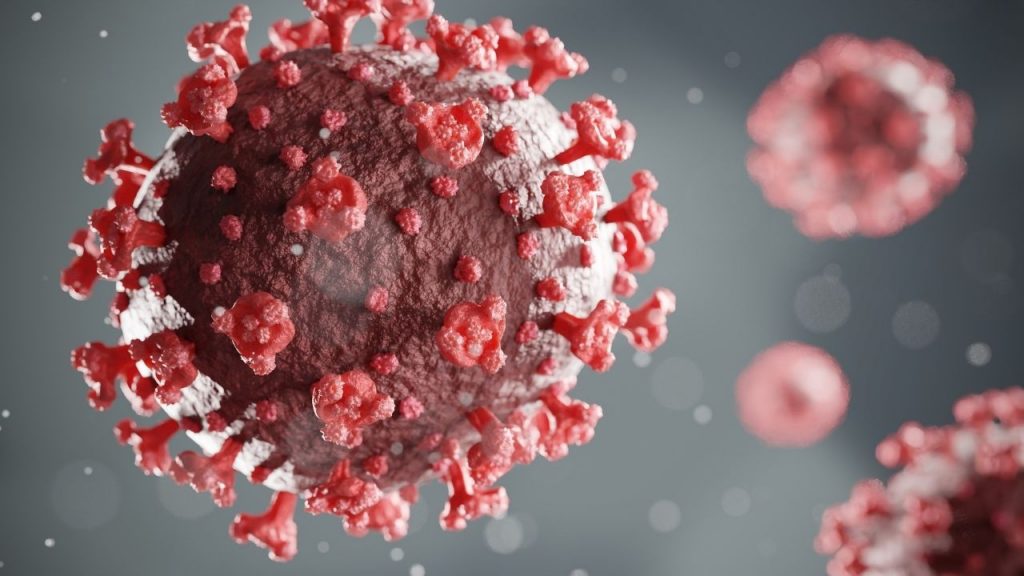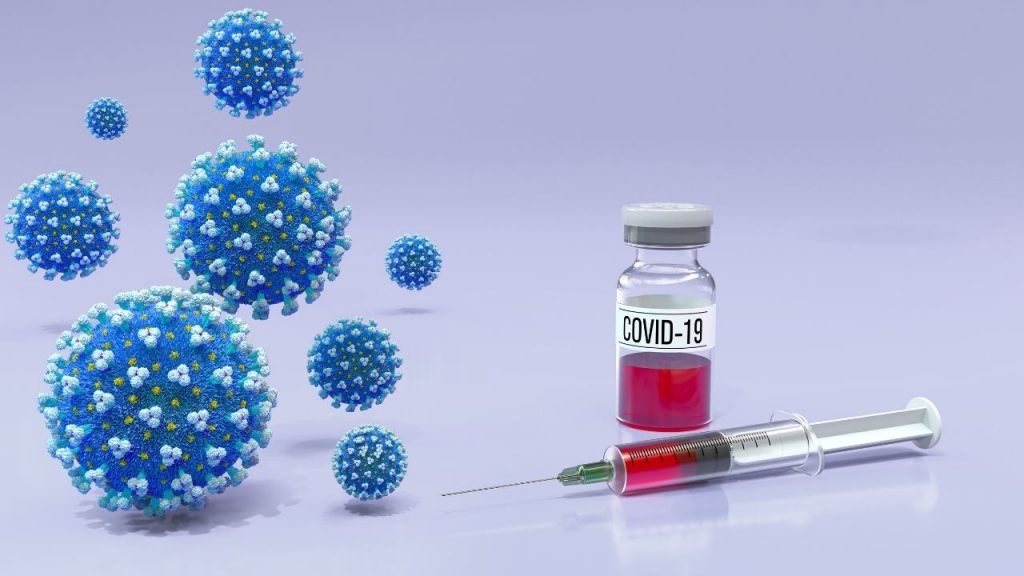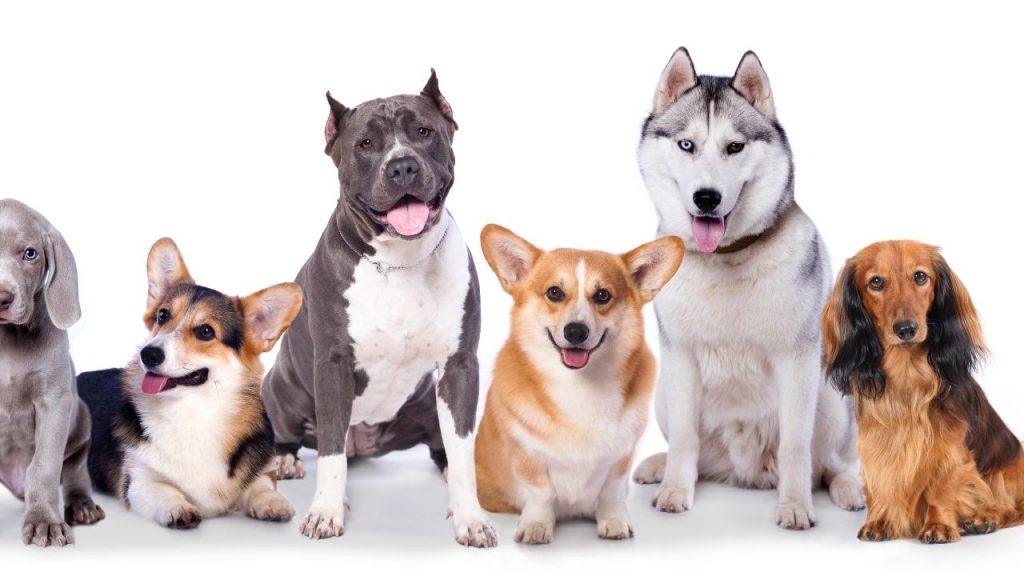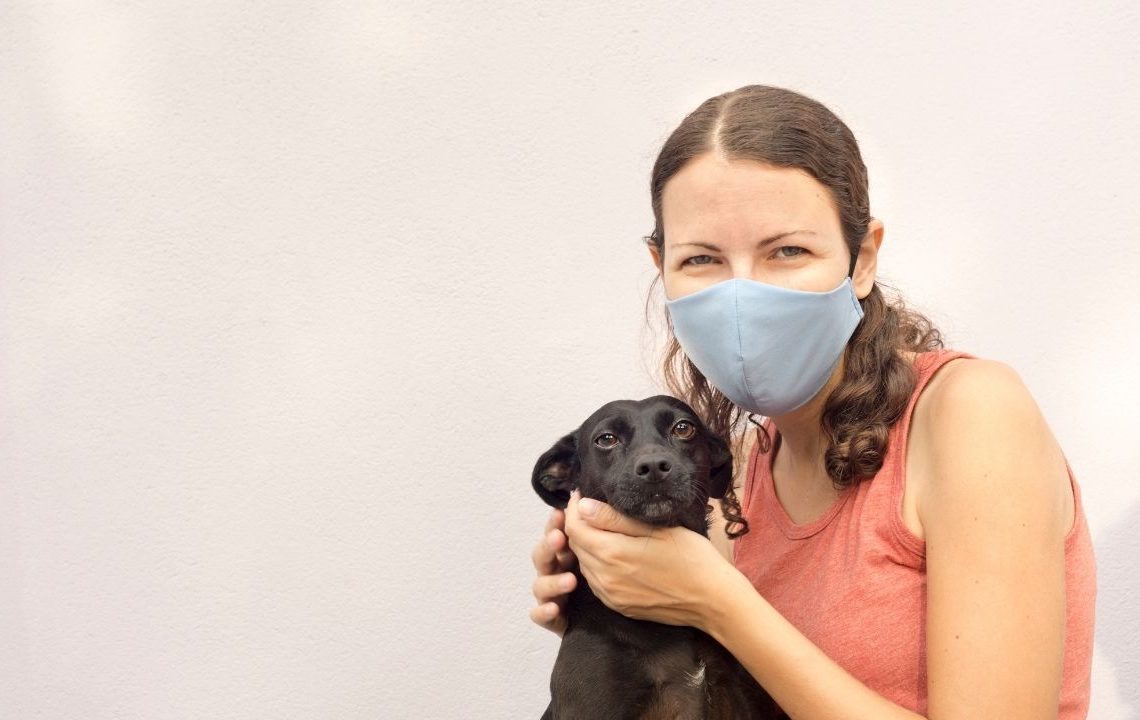Just like humans, even dogs are exposed to different kinds of infections and viruses around. Yet, when it comes to Coronavirus in dogs, the impact is mainly different from that in the case of humans. While this Virus has severely impacted humans, the effect was relatively minimal in dogs or other animals.
Coronaviruses come as a big family of viruses, and Covid-19 is just a part of the same bunch. While few of these viruses trigger cold-like illnesses in humans, others impact the health of several animals like dogs and bats.
According to a recent report by U.S. Centers for Disease Control and Prevention, Covid-19 has shown its impact on dogs. This turned out due to their close proximity with people infected with the COVID-19 Virus.
Yet, according to the same report, the risk of dogs spreading the same COVID-19 Virus to humans is considered low. Besides, scientists are yet to find evidence to the fact that Coronavirus for dogs spread further via their skin, fur or hair. Hence, we can say that Dog viruses are less dangerous and contagious than their human variants.
That said, kids, adults with weak immunity and people aged 65 and older can get sick by all or most of the germs carried by dogs. So, in order to avoid the spread of coronavirus in dogs, don’t allow your pet to interact with people or animals outside your household.
Coronavirus for Dogs – How to Save Your Pet from Getting Infection?
To save your pet from these deadly dog viruses, you simply need to follow the below mentioned precautions:
- Avoid parks and public places with packed crowds
- Even when you are taking your dog out, keep at least 6 feet distance from other people or animals.
These are some of the precautions that you need to take to save your pet from dog viruses. Now, again, there are certainly other questions that often bothers most of the dog owners around.
Questions like ‘how to save my dog if I get infected from Covid-19’ or ‘what precautions do I need to take in case any family member gets infected’ are some of the examples in the same regards.
So, if you are one from the bunch, simply go by the following guidelines:
- Isolate yourself while keeping a distance from everyone else, including your dog.
- Try having another person look after the dog when and wherever required
- Avoid all kind of gestures ( snuggling or petting ) with the dog during this period
- Just in case you cannot have another person to take care of the dogs, do it yourself while taking every precaution. Wash your hands at regular intervals, cover your face with a safety mask and sanitize the surroundings regularly.
If you are infected and your dog has gone infected, don’t take him to a veterinarian yourself. Instead, get in touch with the veterinarian and try to arrange a home visit. If a home visit isn’t possible, the vet can guide you virtually (if the sickness is mild). Opt for a Coronavirus for dogs testing only when your pet shows significant symptoms.
What to do if your Dog is Diagnosed with Coronavirus?
Just in case your pet is infected with Coronavirus in dogs, you got to follow the same precautions you would in your case:
- Put your dog in isolation while keeping away from the rest of the family
- Always wear face masks and gloves while taking care of your pet in terms of food and bedding. Wash your hands after getting in touch with either of his items.
- Avoid putting a face covering on the dog or wiping it with any disinfectants. Dog’s body is quite sensitive to these chemical-based solutions.
- If you see any new coronavirus in dogs symptoms, just call the veterinarian.
In most of the cases, the dogs don’t show any severe sickness. So, you can take care for them at home while taking regular guidance from the Veterinarian.

What is Canine Coronavirus?
Canine coronavirus is different from other Dog viruses. Canine coronavirus, also known as CCoV, comes over as a heavily contagious intestinal infection in dogs, especially puppies. Although this Coronavirus for dogs is quite short lived than other variants, it may trigger a significant level of pain and discomfort in your beloved pet’s abdomen.
The Coronavirus in dogs belongs to the Coronaviridae family, and the name is provided while considering its molecular formation. While been viewed from an electron microscope, the Virus brings along a ring of projections that resembles big time to a coronet- small crown made jewels placed on a metal ring.
There are three types of canine coronavirus infections:
Canine enteric coronavirus (CCoV or CECoV)
In this type of Coronavirus for dogs, the pet largely experiences discomfort and pain within the intestine region. Besides, the sickness may lead to random vomiting and diarrhea issues.
Canine respiratory coronavirus (CRCoV)
As the name suggests, this type of Canine coronavirus majorly impacts the respiratory system of dogs. There are cases when it may lead to a certain kind of respiratory disease complex named as kennel cough.
Pantropic canine coronavirus
This variant of Canine Coronavirus mostly impacts the gastrointestinal region and may spread the infection to other organs. Hence, you must get in touch with a veterinarian if your dog experiences any such issues.
Besides, there are cases where there is a diagnosis of both respiratory and enteric coronavirus infections in dogs. Yet. Luckily, the medical condition is curable under proper medical supervision.
For all those who are wondering, Canine coronavirus isn’t same as coronavirus for dogs and belongs to a totally different virus family. Covid-19 is severe acute respiratory syndrome coronavirus 2 (SARS-CoV-2).
As of now, two cases of coronavirus in dogs have been reported from Hong Kong . In both the cases, the pets have derived the Virus from their already infected owners . Neither of the dogs developed any kind of symptoms.
How Dogs Catch Coronavirus?
There are various reasons behind a Coronavirus infection to a dog. Talking of the CECoV variant specifically, it gets spread once the pet ingest the Virus from an external source. The Virus sneaks through the stomach and travels straight to the cells that are attached with small intestine.
This Coronavirus for dogs then utilize the cells’ inner linings to multiply its growth. Once the Virus take over the entire cell group, it burst open and secretes the virus particles into the dog’s abdomen region. The Virus then travel further via Dog’s excreta.
The cells that Virus fully controls are marginally or fully damaged. Hence, they cannot perform their required function of nutrient absorption or water absorption from the gut. The situation then leads to diarrhea.
While we know how dogs interact with each other (bum sniffing and face licking ), it’s hard to gauge the trajectory that helps these dog viruses travel.
Significant Signs of Coronavirus in Dogs
The signs for covid in dogs differ according to the variants. We will study the given dog viruses symptoms accordingly as we are specifically talking about the enteric version.
For the enteric version of coronavirus in dogs, the symptoms go as follows:
- Vomiting
- Lethargy
- Loss of appetite
- Diarrhoea (may go bloody)
- Dehydration ( due to loss of excess fluid during Diarrhea
- Fever ( in rare cases)
- We must mention here that fever is majorly evident in dogs that catch the Pantropic canine coronavirus. As the infection gets spread to other parts of the body, it impacts more than one organ at the same time.
Besides, young dogs or dogs with other infections are at bigger risk of catching these signs of covid in dogs.

How to Diagnose Coronavirus in Dogs?
There are no major coronavirus in dogs symptoms. So, carrying on a diagnosis may not always be possible. Generally, most of the Dog owners have reported about common signs of coronavirus in dogs like vomiting and diarrhoea with a list of other infections.
As most of these infections carry insignificant symptoms and resolve on their own (due to the dog’s strong immune system), there are many possibilities to do a diagnosis. Yet, dog owners can visit the vet while checking on these visible signs regarding their dog’s health.
There are cases where there is a checking of Viral DNA during the diagnosis of fecal samples. Still, as lot many healthy dogs test positive for CECoV, you cannot be sure whether the diarrhea issue is due to coronavirus for dogs.
Just to be very sure, Vet can do a blood test in either if such cases. This way, any such signs of coronavirus in dogs can be detected easily.As a matter of fact, following diagnosis can be done by the Vet to check and track any related issue to coronavirus in dogs.
Fecal Antigen Test: The fecal sample gets checked to diagnose any possibility of parvovirus.
Fecal Floatation: The fecal sample gets checked by placing it with a solution. Any virus or germs will float while leaving the fecal at the bottom.
Radiographs: The lab technician will check for any random blockages within the dog’s intestines that may be causing diarrhea. If the infection has spread to other organs, treatment may require further diagnosis.
CBC (Complete Blood Count): The medical expert will check and track the number of red and white blood cells to analyze the proper functioning of body organs. This gets done in case no sufficient evidence is found in previous diagnosis.
Is there any Treatment for Coronavirus in Dogs?
As of now, there isn’t any proven medical treatment available for Coronavirus for dogs. Most of the times, the veterinarian will recommend solutions like :
- Medicines to check on vomiting
- Electrolyte or related fluids to resolve the dehydration issue
- Dietary recommendations to support the recovery process
- Medicines or treatment for random infections or health complication
Usually, a dog takes around 8-10 days to recover from any such dog viruses. Still, few cases require more than the given period, given the severity of the infection. Regardless, you have to supervise and manage the situation while staying connected with a professional veterinarian.
Is there any way to Prevent Coronavirus in Dogs?
The recommendations are similar to those in the case of humans. All you need to do is taking the required precautions while maintaining basic hygiene around. Besides, the person has to ensure the proper cleaning of everything from Dog food, plates and bedding.
Additionally, keep your dog away if you hear about any infection of a neighborhood dog. Dogs do tend to licking each other and that is how they spread these dog viruses further.
Moreover, CECoV is an ‘enveloped’ version of coronavirus. So, it is still vulnerable to heat and various disinfectants. CECoV can stay contagious for a couple of days at room temperature. Yet, you can easily kill it via an antiviral disinfectant or boiling water solution.
The above methods may not apply to all the variants. Hence, you have to study the symptoms while getting in touch with a professional veterinarian.
There are cases where the pet vomits for long due to coronavirus for Dogs. So, to clean up the surroundings, you can use disinfectants like alcohol (isopropyl alcohol 70%), diluted bleach (20 ml bleach per 1 L water) or 0.5% hydrogen peroxide.
Do remember to use these disinfectants on surfaces, and not on the dog’s body. Doing the latter can cause severe skin rashes and complications with your beloved pet.

Is there a Canine Coronavirus Vaccine Around?
There are available vaccines to certain variants like CECoV. Yet, due to their limited impacts, you cannot call it a ‘core’ vaccination process. You cannot count on their efficacy for CECoV and other coronavirus in dogs.
Moreover, as most of the dogs come with mild symptoms, the usage of Canine Coronavirus vaccine isn’t highly recommended.
Final Word
The impact of Coronavirus in dogs is quite minimal. Besides, the formation of the Virus is completely different from its human variant. So, one must follow a different approach altogether while getting along with its diagnosis and treatment. As you do that, don’t forget to consult with a trained professional veterinarian.







